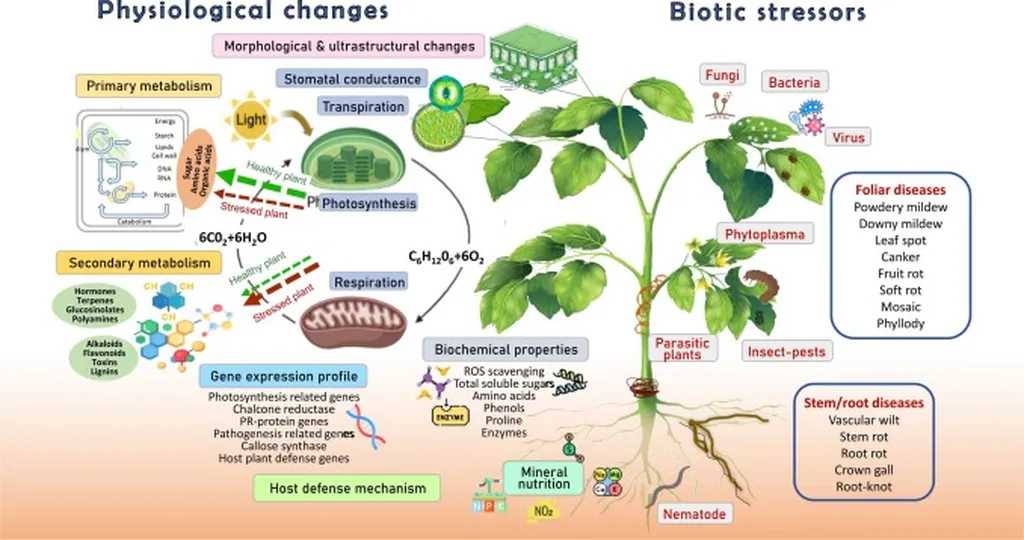In the quest for sustainable construction materials, a team of researchers led by M. Ananthkumar from the Department of Civil Engineering at Amrita School of Engineering, Coimbatore, has made a significant stride. Their study, published in the South African Journal of Chemical Engineering (translated as the Journal of Chemical Engineering of South Africa), explores the use of Cassia fistula leaf extract as an eco-friendly corrosion inhibitor for steel reinforcement in concrete structures.
Corrosion of steel reinforcement, commonly known as rebar, is a pervasive issue in concrete structures, particularly in coastal or industrial environments where chloride contamination is prevalent. Traditional corrosion inhibitors often rely on toxic chemicals, posing environmental and health risks. The search for green alternatives has led researchers to investigate natural compounds derived from plant extracts.
Ananthkumar and his team focused on Cassia fistula, a tree native to the Indian subcontinent, whose leaves have been used in traditional medicine for various ailments. “We were intrigued by the idea of repurposing a natural resource that is readily available and has known antioxidant properties,” Ananthkumar explained. The team hypothesized that these antioxidant properties could also inhibit corrosion by forming a protective film on the steel surface.
To test their hypothesis, the researchers immersed mild steel samples in a simulated concrete pore solution contaminated with sodium chloride (NaCl) and varied the concentration of Cassia fistula leaf extract. They employed several electrochemical techniques, including weight loss measurements, potentiodynamic polarization, and electrochemical impedance spectroscopy, to evaluate the corrosion inhibition efficiency.
The results were promising. At an optimum concentration of 5% v/v, the Cassia fistula leaf extract achieved an impressive inhibition efficiency of 85.21% (from weight loss) and 92.4% (from potentiodynamic polarization). Moreover, the charge transfer resistance increased significantly, indicating the formation of a robust barrier on the metal surface. Surface analyses using scanning electron microscopy and atomic force microscopy corroborated these findings, showing smoother and less corroded steel surfaces in the presence of the extract.
The implications of this research are substantial, particularly for the construction and energy sectors. Reinforced concrete is widely used in infrastructure projects, including power plants, wind turbines, and offshore structures, where corrosion can lead to structural failures and costly repairs. “By using a natural, non-toxic inhibitor, we can enhance the durability of these structures and reduce maintenance costs,” Ananthkumar noted.
Furthermore, the use of plant extracts aligns with the growing demand for green and sustainable construction materials. As the world shifts towards renewable energy and eco-friendly practices, innovations like this can play a pivotal role in shaping the future of the energy sector.
While the study demonstrates the potential of Cassia fistula leaf extract as a corrosion inhibitor, further research is needed to optimize its performance and evaluate its long-term effectiveness in real-world applications. Nonetheless, this work opens up new avenues for exploring natural compounds as sustainable solutions for corrosion protection, paving the way for greener and more durable construction materials.
As the construction industry continues to evolve, the integration of such eco-friendly technologies will be crucial in meeting the challenges of sustainability and durability. Ananthkumar’s research is a testament to the power of innovation and the potential of natural resources in addressing complex engineering problems.

